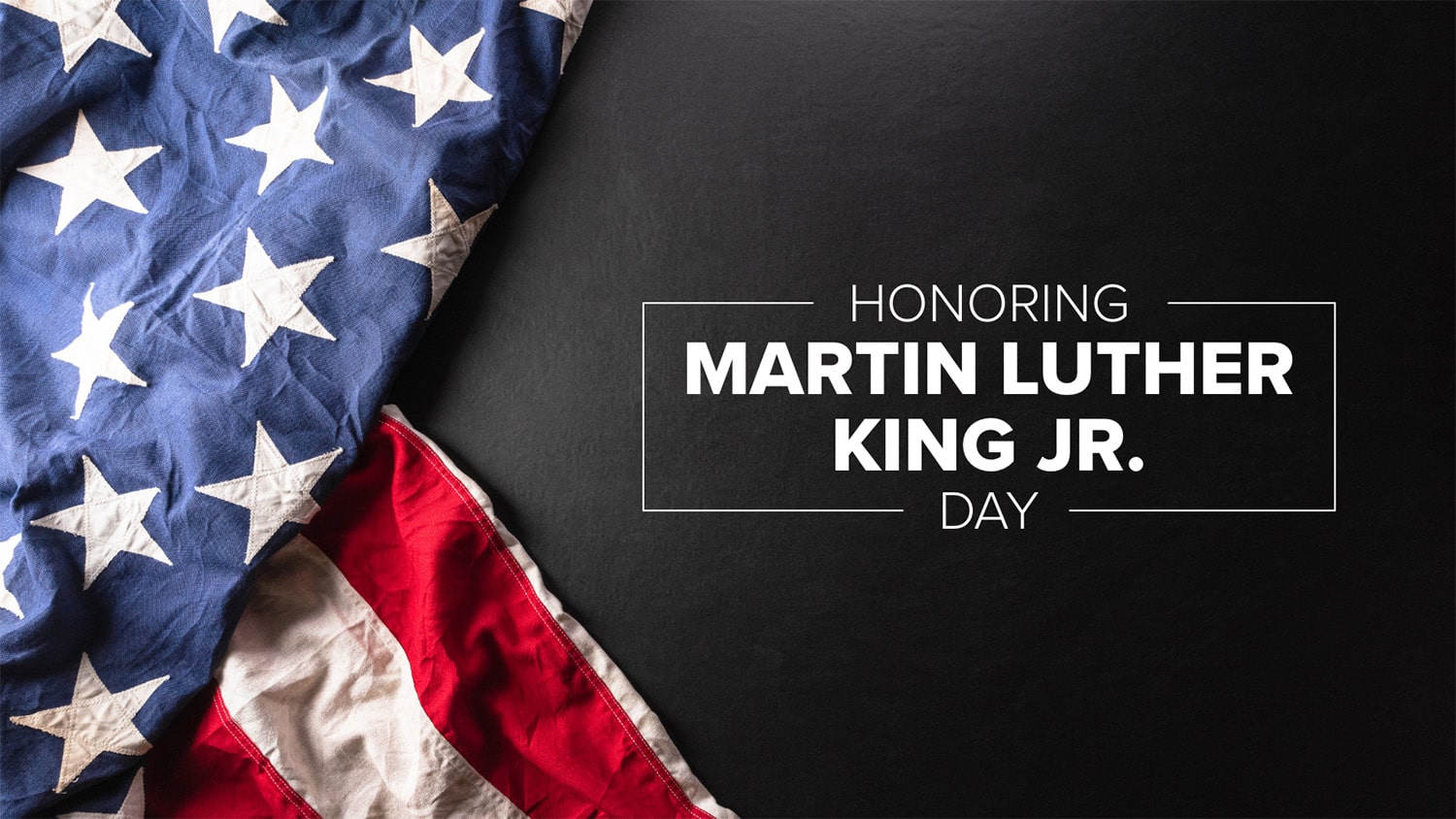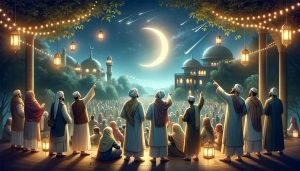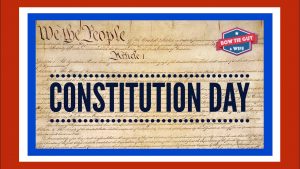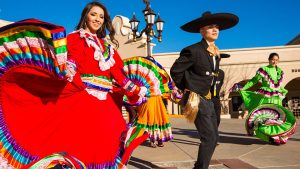
27 interesting facts about Martin Luther King Jr. Day
- 👁️ 319
Martin Luther King Jr. Day is a federal holiday in the United States that honors the legacy and the monumental contributions of Dr. Martin Luther King Jr., a prominent leader in the American civil rights movement. Celebrated every third Monday of January, the holiday not only commemorates King’s birthday (January 15) but also his unwavering commitment to equality, justice, and nonviolent protest in the struggle for civil rights. This day serves as a reminder of the ongoing fight for racial equality and encourages individuals to engage in community service and reflection on the values King advocated for. Here are 27 interesting and informative facts about Martin Luther King Jr. Day that highlight the significance of this holiday and its impact.
- Martin Luther King Jr. Day was first observed on January 20, 1986.
- The holiday was signed into law by President Ronald Reagan on November 2, 1983.
- King’s birthday, January 15, 1929, is the basis for the holiday, though the day itself is celebrated on the third Monday of January.
- It took 15 years of campaigning before the holiday was officially recognized nationwide.
- The day is also recognized as a day of service, where Americans are encouraged to volunteer to improve their communities, reflecting King’s message of serving others.
- Martin Luther King Jr. Day was not observed in all 50 states until the year 2000.
- Some states resisted observing the holiday by combining it with other holidays or giving it alternative names.
- The holiday is also celebrated in Hiroshima, Japan, by Mayor Tadatoshi Akiba, who holds a special banquet at the mayor’s office as an act of unifying his city’s call for peace with King’s message of human rights.
- The campaign to create a holiday in honor of Martin Luther King Jr. began soon after his assassination on April 4, 1968.
- Musician Stevie Wonder was instrumental in the campaign to have King’s birthday recognized as a national holiday through his song “Happy Birthday,” released in 1980.
- The first bill to propose Martin Luther King Jr. Day as a holiday was introduced to the House of Representatives in 1979 but fell five votes short of passing.
- Senator Edward Brooke and Representative John Conyers were among the first to introduce legislation for the holiday.
- In 1983, about 6 million signatures collected in favor of the holiday were delivered to Congress, one of the largest petitions in U.S. history.
- The holiday is often marked by educational programs, performances, and community service activities focused on promoting equal rights and justice.
- Coretta Scott King, Dr. King’s widow, played a significant role in the effort to establish the national holiday.
- On Martin Luther King Jr. Day in 1994, President Bill Clinton signed the Martin Luther King Jr. Federal Holiday and Service Act, expanding the mission of the holiday as a day of community service, interracial cooperation, and youth anti-violence initiatives.
- The King Center in Atlanta, Georgia, hosts an annual commemorative service on the holiday, featuring speakers, artists, and civil rights leaders.
- The holiday is also recognized and observed in various forms around the world, reflecting King’s global influence on the fight for civil rights and justice.
- Many educational institutions use the day to teach students about Martin Luther King Jr.’s contributions to American society and the history of the civil rights movement.
- The holiday has been critiqued and celebrated in various artistic mediums, including films, music, and literature, that explore King’s legacy.
- Public figures and politicians often commemorate the day with speeches or statements reflecting on civil rights and King’s impact.
- Major landmarks and streets named after Martin Luther King Jr. across the United States become focal points for holiday events.
- The National Civil Rights Museum in Memphis, Tennessee, which includes the Lorraine Motel where King was assassinated, holds special events on the holiday.
- In 2009, President-elect Barack Obama and then-President George W. Bush served food at homeless shelters on Martin Luther King Jr. Day, emphasizing the “day of service” aspect.
- Various scholarships and awards in King’s name are announced or presented on the holiday, promoting academic and social achievements aligned with his principles.
- The holiday’s observance sometimes includes marches and parades that commemorate King’s marches for civil rights.
- Despite its establishment as a federal holiday, Martin Luther King Jr. Day continues to inspire debates and discussions about racial equality, justice, and how best to honor King’s legacy.
Martin Luther King Jr. Day is a vital part of America’s cultural and social fabric, serving as a day of remembrance, reflection, and action towards a more just and equitable society. It not only honors the life and work of one of the most influential figures in American history but also challenges individuals to continue his fight against injustice through service and advocacy. As the holiday evolves, it remains a powerful reminder of the progress that has been made and the work that still lies ahead in the pursuit of civil rights and equality for all. Celebrating Martin Luther King Jr. Day encourages us to reflect on our shared humanity and the values that Dr. King championed. It is a day to recommit ourselves to his vision of a society where every individual is valued and has the opportunity to achieve their fullest potential, free from discrimination. By remembering and acting upon the lessons of Martin Luther King Jr.’s life, we honor his memory and continue to push forward toward a more inclusive and just world.











